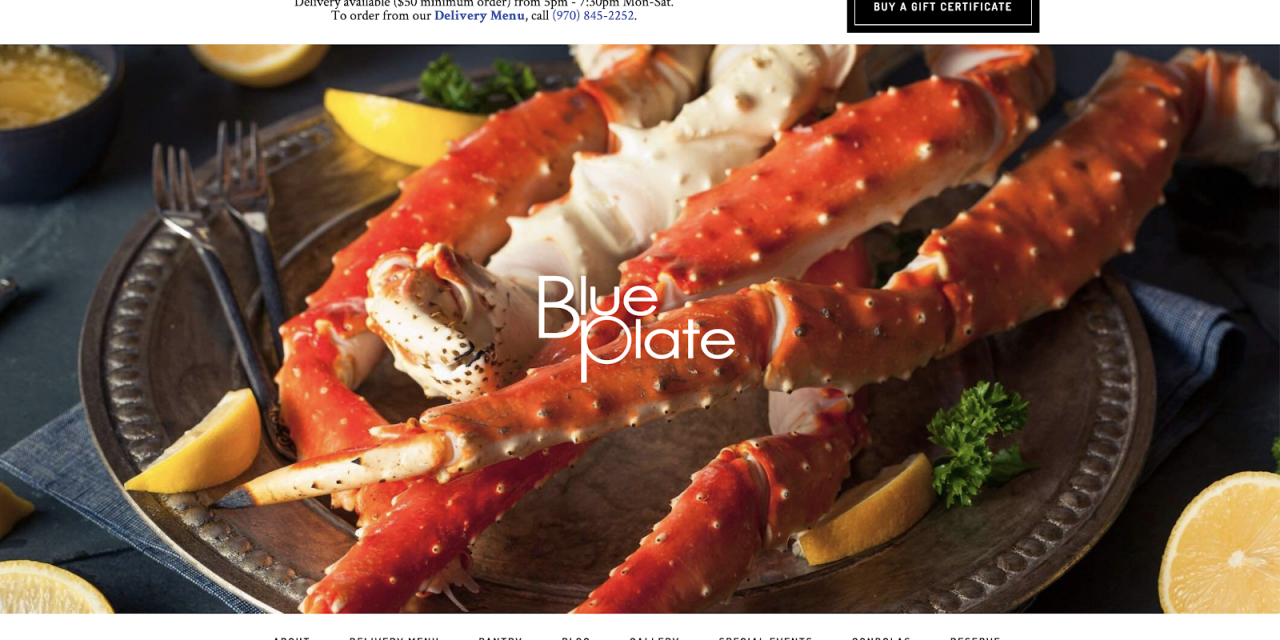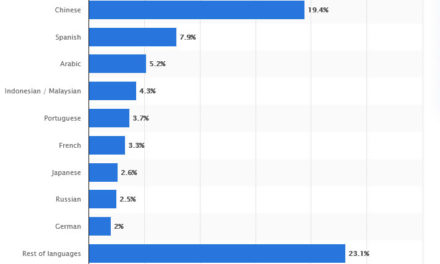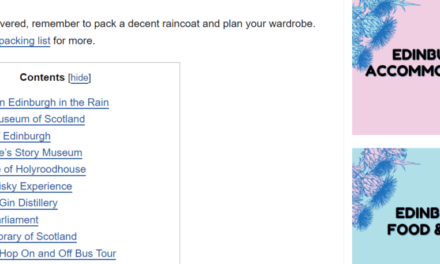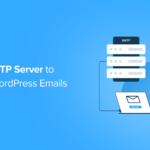The world turned upside down for everybody in March of this year. As COVID-19 infections raced across the globe, businesses of all kinds had to quickly adapt.
In many cases, that led to the layoff of valuable employees. Some industries found themselves having to quickly scale up work-from-home strategies, which meant getting everyone comfortable with remote assignments and communications. Other sectors, such as restaurants, had to shutter their dining rooms and transition to delivery, takeout, and curbside service.
Unfortunately, too many businesses have been left flat-footed. Prior to the virus, they had relied almost exclusively on foot traffic and Facebook pages to drive sales. Now, with walk-in business gone, they were left trying to find new ways to get their message out—that they were still open for business, albeit in a limited way.
Many lacked the deep pockets of chain businesses. Their Facebook presence was okay for quick posts and pictures, but it lacked the tools to properly promote their new business models.
In this post, we’ll examine some ways to amp up your online strategy, quickly and easily.
How One Business Pivoted in the Age of COVID-19
Blue Plate Bistro in Avon, Colorado had built up a loyal clientele in their tourist-dependent market. For Chef Adam and Elli Roustom, it wasn’t only about the menu or the ingredients. It was also about the camaraderie of regular patrons – familiar faces who dropped in on a regular basis for a smile and a good meal.
As the severity of the coronavirus became apparent, they had to think quickly. How would they continue to serve their public and still make enough money to stay in business? Some of their plans were made for them when Colorado’s governor issued a “stay-at-home” order, which shut down their dining room.
Adam and Elli had quickly pivoted to another business model to serve their customers. They adopted a new delivery and curbside pickup menu and plans on how to implement it. Elli used her sense of humor to get the message out on Blue Plate’s social media. They were profiled on a Denver TV news segment, which furthered their reach.
But social media and TV coverage isn’t enough. Main Street has been profoundly affected by stay-at-home orders and rapidly-increasing infection rates. Smart businesses need more than Facebook feeds. They must embrace new opportunities to stay relevant.
When One Door Closes, Another Opens
Even in a period of massive disruption, local businesses are uniquely positioned to serve their customer base. In many cases, they already have loyalty. But they need to find creative ways to shift away from the paradigm of relying only on foot traffic – at least until it’s safe for people to gather in public again. But the opportunities that present themselves now can also be useful over the long term after the pandemic has subsided.
The challenge for such small businesses is to immediately find a way to both maintain relevancy and survive. It starts with taking stock of what you do well. What are your most valuable assets? How do you rework your branding and get the word out to your network and ultimately, your biggest fans?
Let’s revisit Blue Plate Bistro. They already had a robust and slyly humorous social media presence. But they also have a fully-featured website. They used it to convey the message that they were not only open for business, but they were now offering delivery and pickup service. Then, to offer even more incentives for their customers, they added a section to sell gift certificates.

Engaging Customers Now For Benefits Later
Chef Adam and Elli offered their gift certificates in three denominations. The message was clear: they could be redeemed at a much later date. Even at Christmas. That sent a message to their loyal customers that they could do a bit of holiday shopping now and support Blue Plate in the future. It would help ensure that the business would be around at Christmas.
It’s a perfect example of staying relevant. Gift certificates have a permanency that goes beyond the pandemic. It’s a potent strategy to monetize what you do best right now and still plan for future solvency.
Such ideas are relevant for many businesses in a highly-uncertain time. The key is to build on existing networks of loyal fans and use smart strategies to expand the relationships. Another aspect is to lean into your existing assets that have value, such as internal knowledge.
People are especially keen right now to help businesses that are rooted in their local ecosystems. Shopping locally has become more important than ever. Innately local projects such as farm-to-table enterprises and community-supported agriculture could play a particularly vital role now.
Many of them have a loyal fan base but often lack a defined online presence. Now is a great time to step into a more holistic digital identity. Now is the time to grow. Now is not the time to retract.
8 Simple Website Elements to Increase Your Online Presence
Consider working with an experienced team of digital strategists to put together a simple, one-page, mobile-friendly website. It doesn’t have to be a complex site with multiple pages and bells and whistles. It just has to be something that effectively relays your core message and benefits. Something that lets your loyal customers know that you’re still providing goods and services. Something that offers easy ways for them to contact and support you.
A simple one-page WordPress site offers many more benefits and functionality than a Facebook page. Also, a Google My Business page allows you to be found on Google maps and communicate your hours and services, amongst other things, that can also link to your website.

For example, a one-page site can include:
- Your organization’s logo or company name at the top.
- A call-to-action section to get your customers to engage you and purchase your goods and service.
- A couple of sections for simple text to relay your core message and update your situation.
- A section for relevant images that you provide.
- Connections to your existing social media accounts.
- An area to offer gift certificates and/or coupons.
- A section connecting your customers to fundraising platforms such as GoFundMe or Kickstarter.
- A “Contact Us” section with a well-designed form that protects you from email spam.

7 More Benefits of Having a Digital Strategy Team
- Writing blog articles to keep your customers updated on what and how you’re doing.
- Helping set up a business PayPal account so you can get paid online, in a secure manner.
- Website hosting, security, maintenance, backups, and administration.
- Instituting search engine optimization strategies for both the site and blog articles.
- Creating social media messaging that ultimately brings users back to your new website.
- Crafting email newsletters sent to your loyal fan base.
- Setting up targeted ads on Facebook, Instagram, and other relevant social media platforms.
Conclusion
Every small business needs to pivot right now. Unfortunately, holding out for better days isn’t an option. Blue Plate Bistro knew they had to make some rapid adjustments to survive. Building a special menu for delivery and pickup service, offering gift certificates, and showing a gentle sense of humor is working for them. According to Chef Adam and Elli Roustom, the results have been pretty good so far. As a business that previously relied almost exclusively on foot traffic, they quickly realized that having a robust online presence is more important now than ever before.











